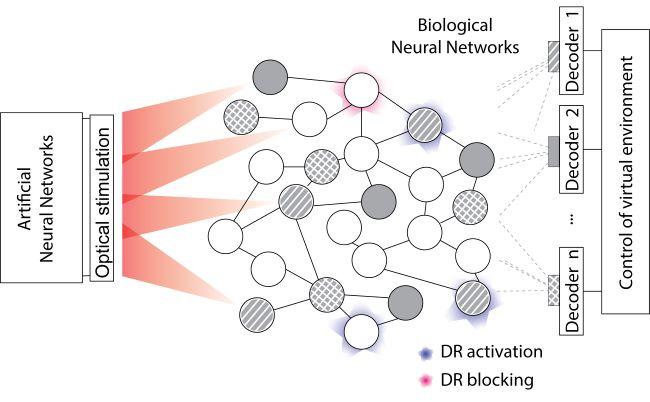Abstract:
Throughout learning, reinforcement of neural activity underlies the reinforcement of behavioural actions that lead to reward. The cortex and the striatum are critical to this process, but the nature of their involvement and the role of their diverse subpopulations of neurons remains unclear. Leveraging a neuroprosthetic task, we recorded neuronal activity both in cortex and the striatum as rodents learned to control specific neurons in the motor cortex. We found diverse reinforcement strength in different motor cortex populations and showed that striatal activity heterogeneously and emergently models the relationship between cortical activity and reward. Taken together, these results shed light on the cortex and the striatum's role in neural reinforcement and thus in a fundamental mechanism by which the brain reuses and refines behaviour.

Biography:
Nuria Vendrell-Llopis is a postdoc fellow at UC. Berkeley who studies the mechanisms underlying neural reinforcement. She received the equivalent to a B.S. and M.S. degrees in Telecommunication engineering from the Polytechnic University of Valencia (Spain) in 2010. Following those, she received a Ph.D. degree in Biomedical Science from the KU Leuven (Belgium) in 2015 and was the recipient of a long term EMBO fellowship from 2015 to 2017. Her ultimate goal is to understand how neural reinforcement drives learning and to leverage this knowledge to establish a new experimental protocol that could artificially enhance or imprint new skills.
This is an hybrid seminar.
Click here to register via Eventbrite.
